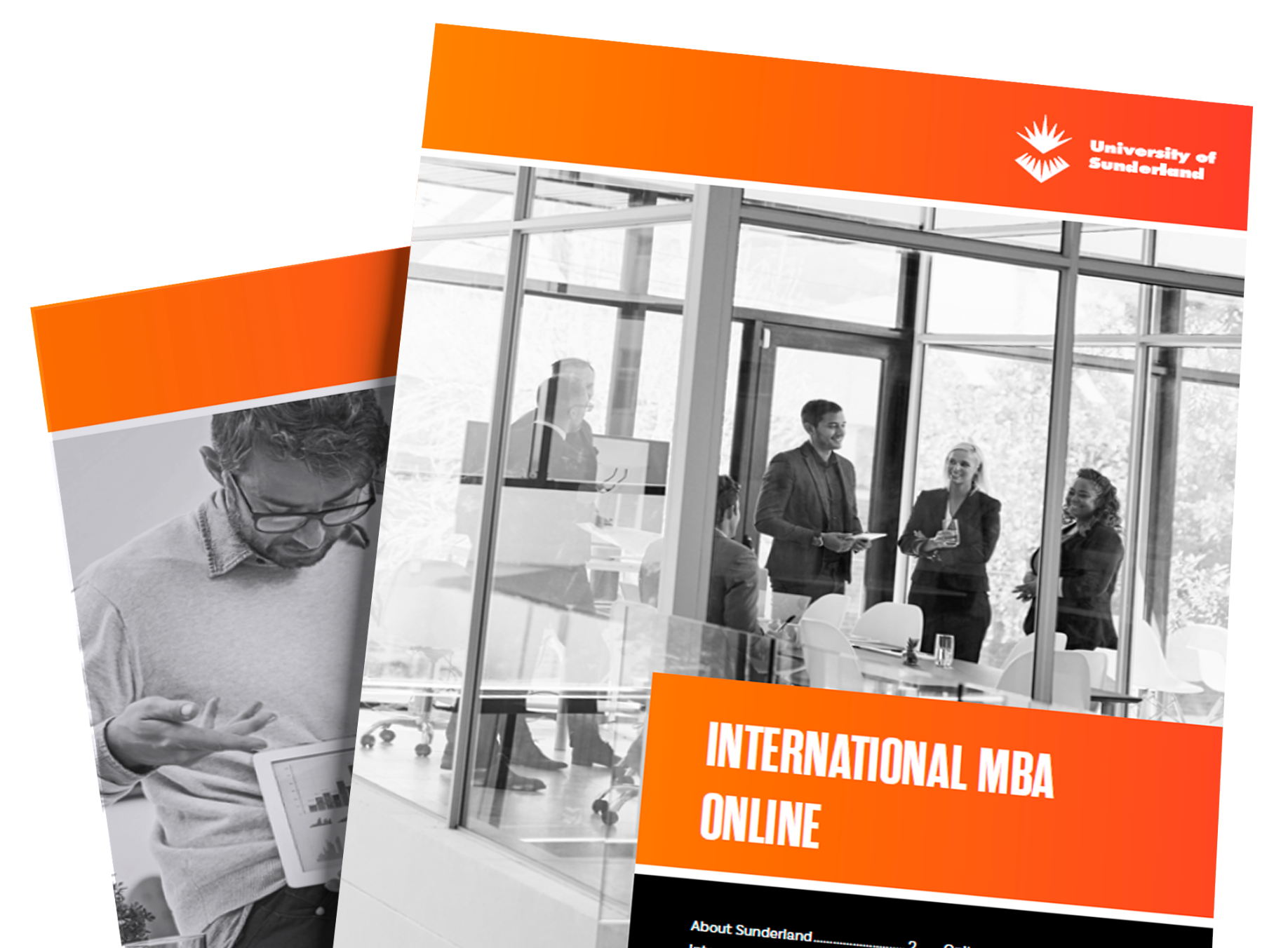Key benefits
- 100% online LLM – complete within 1 year full-time or 2 years part-time
- 5 star rating for teaching, inclusiveness, employability and facilities*
- 8th in the UK for social inclusion**
- £8,220 total fees, option to pay £685 per module
*QS Stars World University Rankings 2023
**The Times and Sunday Times Good University Guide 2025








